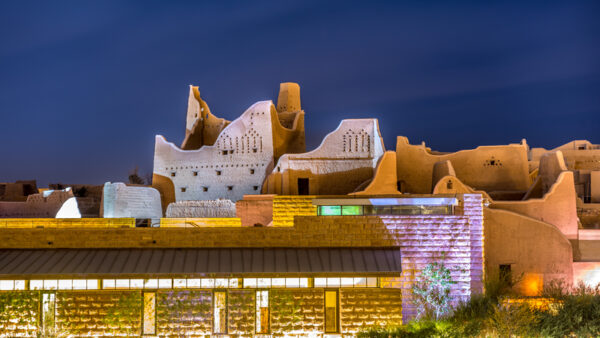A UK trade body of electrical engineers has welcomed Saturday’s ban by the European Union (EU) on halogen bulbs, saying it will help UK households save a combined £2.4bn by switching to more efficient light-emitting diodes (LEDs).
On 1 September, a ban on producing halogen bulbs came into effect across the EU as part of efforts to reduce carbon emissions. Under the rules suppliers can sell current stocks.
Even though the UK is planning to leave the EU, the ban will be in force until it does, and commentators say many lighting manufacturers support the ban and will be unlikely to produce halogen bulbs just for the UK market.
To make its cash-saving claim, ECA quoted the Energy Saving Trust, which estimates that a typical halogen bulb uses £11 worth of electricity each year, compared to just £2 by an LED.
According to lighting manufacturer Phillips, the average UK household has 10 halogen bulbs in use, while, according to the Office for National Statistics, there were 27.2 million households in the UK in 2017.
So, the £2.4bn figure was arrived at by the following calculation: (10 x 11 x 27.2 million) – (10 x 2 x 27.2 million) = £2.45bn.
“Although the up-front cost is higher, moving over to LEDs saves customers money because LEDs use significantly less energy, and they tend to last much longer,” said ECA Director of Business, Paul Reeve.
He added: “That’s good news for homes and businesses but LEDs also help the environment by using less energy and generating less waste because they last so much longer.”
ECA said modern LEDs are around five times more energy efficient and offer around 10 times the working life of halogen bulbs.
Although most LED bulbs will be compatible with the same fittings as halogen bulbs, ECA warns that it will not be a like-for-like swap in all cases.
ECA also warns that there are fire risks associated with counterfeit or faulty LED lights which are often sold online.
Care should be taken with dimmable lighting, because many LED bulbs may not dim properly or at all, ECA said. In such instances, an LED-compatible dimmer switch will also need to be installed.
The ban is the final stage of EU directive EC 244/2009 that has been gradually restricting less efficient light sources, starting with traditional incandescent light bulbs in 2009.
Image: LED Christmas illuminations in Viborg, Denmark (Kim Hansen/Creative Commons)
Further reading:
Comments
Comments are closed.







Glad to see the link to the AMA piece below on the detrimental health effects of blue spectrum light. Half my lights at home are LED to wake me up in the morning and the other half are halogen to ensure that I have a chance of calming down enough in the evening to get some sleep. Now stockpiling halogen bulbs and looking for red lampshades to mitigate effects of too much LED light.